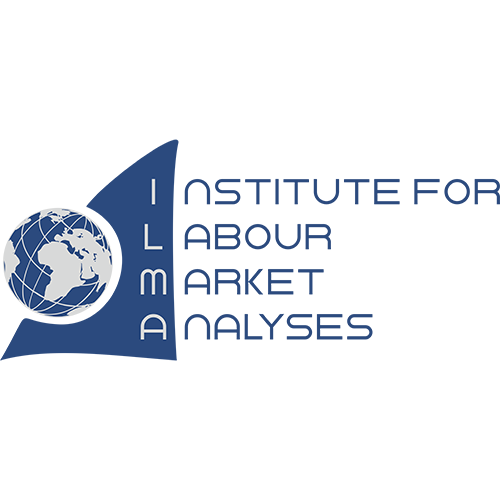Human capital serves as a primary source of value in the knowledge economy. Theodore Schultz, a Nobel Prize winner (1971), concluded that human capital are acquired qualitative characteristics of a population that are of value and can be enriched using adequate investments. Human capital is therefore a set of individual characteristics such as knowledge, skills, health, values that are impossible to separate from the individual. It is also an economic factor that can develop over time through appropriate investments. The use of human capital generates value – both at the level of a single organization, as well as in macroeconomic scale – for society and the state. From the point of view of generating value through human capital not only individual features of employees (their potential) are important, but also all the environmental factors (macroeconomic) that determine its correct utilisation.
On the micro scale the competence potential of human capital consist primarily of knowledge, skills, abilities and attitudes. Knowledge (both general, specialized, or technical) must be completed, by the appropriately shaped skills gained with experience as well as capabilities (innate abilities) and right attitudes (including motivations, core values and modes of conduct). The set of these features comes together in mutual interactions, complementing each other and leading, by demonstrating specific behaviours in the workplace, to delivery of certain results. From this perspective, it is the competencies that become the main predictor of behaviours and performance of employees, and the primary source of value created by employees.
Institute for Labour Market Analyses conducts analysis of the state, structure and developments in the area of human capital in micro- and macro-scale. It prepares and implements comprehensive studies of human capital and in-depth analyses of selected topics such as: competence needs of employers, forecasting the demand for skills, competence profiling on a scale of individual organizations and the measurement of human capital and its value.











